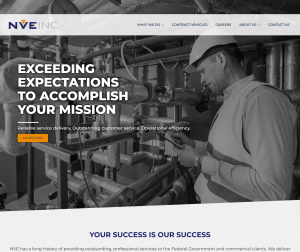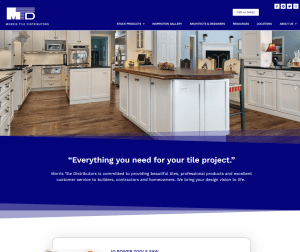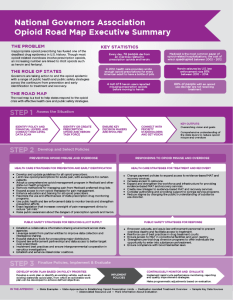Websites can range from very simple, to as large and complex as you’d like. And, like the many variables that can affect the price of a website, there are many things that can affect the timeline of a website development project.
There isn’t always a clear cut answer to how long it takes to build a website. Each website project can be quite different and the size, complexity, creation and use of video, flash, or animations, degree of interactivity, researching, writing, and/or editing the web content, the amount of marketing services provided in association with the web site (including seo, research, surveys, usability and marketing testing, etc.) all affect the time needed to build a website.
Our standard estimated time frame for a website with 10-15 pages is 4 to 6 weeks. We normally put a project schedule together before the project starts to outline various submittal and approval dates and milestones. The schedule helps to keep web projects moving along, however, our schedules aren’t written in stone and there are always possibilities for web project delays to creep in.
Some reasons for unforeseen delays in web projects often include:
- Delays in feedback and other staged approvals. At CWS, we understand that some clients require a more formal process to evaluate and approve the various stages of a web project (from design to completion) and that’s ok. We build the amount of time each client needs to review the various stages of a web project into the initial project schedule. However, the more people who are involved in the approval process, the greater likelihood there may be for delays in feedback and approvals.
- Delays in client side content. If at all possible, it is important to have the content of a website written, edited, and approved at the start of the project. Giving your web design firm content that is completed (or almost completed) at the project start will result in a better end product and often a faster turnaround time.
- Scope changes. Changes in the scope of a web design project are probably one of the main reasons for project delays. Changes in scope often affect many other parts of the project. Keep in mind that with every new piece added to the web project, other parts of the project may need to be changed or re-coded in order to accommodate each new piece, and delays will more than likely occur. Scope changes after the start of a project will more than likely affect both the price of a project and the time frame needed for development.
Once a project gets off schedule, it can be difficult to reign it back in. In many cases, though, there are things that can be done to help keep the overall time frame needed for web development as low as possible and to avoid delays. Careful pre-planning and content development (before the project starts!) can really help to create shorter time frames for development. Work with your web design firm to create realistic time frames for all stages of your project at the get go.




















